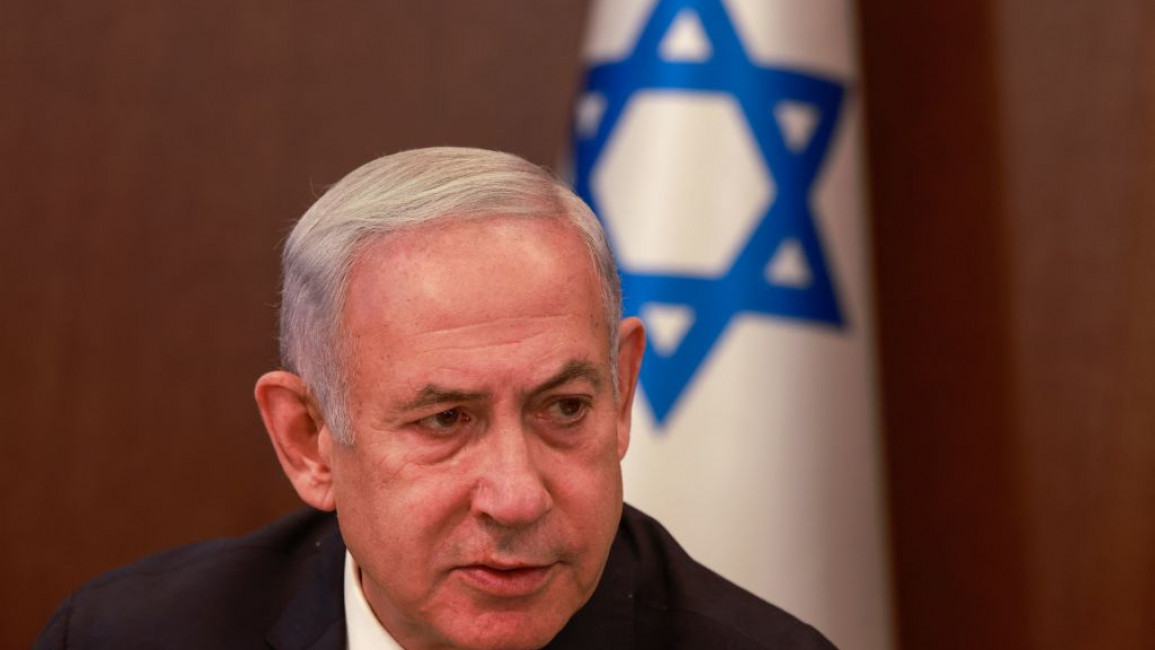Israel could accept U.S.-Iran nuclear 'understanding', senior lawmaker says
Israel could find acceptable an understanding between its arch-foe Iran and the United States if it includes rigorous supervision of Tehran's nuclear programme, a senior lawmaker said in comments aired on Saturday.
According to Iranian and Western officials, Israel's main ally Washington is holding talks with Iran to sketch out steps that could include limiting the Iranian nuclear programme.
These steps would be cast as an "understanding" rather than an agreement requiring review by the U.S. Congress, such as the 2015 accord abandoned in 2018 by then-President Donald Trump.
"It's not a wide-scope agreement, it's more like a small agreement, a memorandum of understanding, an M.O.U., and I think Israel can live with this if there is real supervision," Yuli Edelstein, head of the Israeli parliament's Foreign Affairs and Defence Committee, told Channel 12's Meet the Press.
Prime Minister Benjamin Netanyahu's office declined comment on whether fellow Likud party member Edelstein's remarks reflected the views of the premier.
On Tuesday, before briefing the foreign affairs and defence committee, Netanyahu said in televised remarks: "Our position is clear. No agreement with Iran would obligate Israel, which will do everything required to defend itself.
"Our opposition to the deal - a return to the original (2015) deal - is working, I think."
"But there are still differences in outlook, and we do not hide these, regarding smaller agreements too. We have been stating our position clearly, both in closed and open sessions," Netanyahu said.
URANIUM ENRICHMENT
A core element of the possible understanding which remains unclear is the degree to which Iran would agree to rein in its uranium enrichment. Israeli officials in Netanyahu's circle have given potentially differing views on the issue this month.
Netanyahu's national security adviser, Tzachi Hanegbi, said Israel didn't see as much "damage" in any new understanding as there was in the 2015 deal, but it was "poised" for any Iranian shift to more than 60% fissile purity.
"That would already be a clear acknowledgment that the uranium enrichment is for weapons needs," Hanegbi said in an interview published on Friday in newspaper Israel Hayom, referring to the 90% fissile purity required for a bomb.
But last week, Strategic Affairs Minister Ron Dermer - who accompanied Hanegbi to Washington talks about Iran - voiced misgivings about any "freeze" of current enrichment levels.
"It means that you reconcile with a higher level of enrichment in Iran. And we thought that was a bad idea then, and we think it's a bad idea today," he told the AJC Global Forum in Tel Aviv.
Having failed to revive the 2015 deal, U.S. President Joe Biden's administration hopes to restore some limits on Iran to keep it from getting a nuclear weapon that could threaten Israel and trigger a regional arms race.
The U.S. government has dismissed reports it is seeking an interim deal with Tehran, which denies seeking the bomb.
(Reuters)



